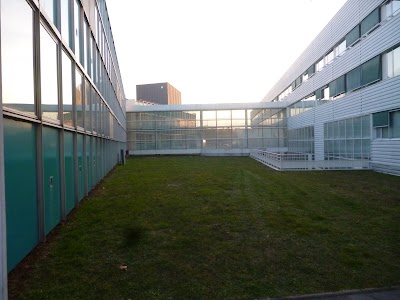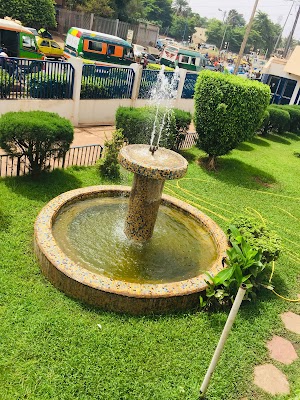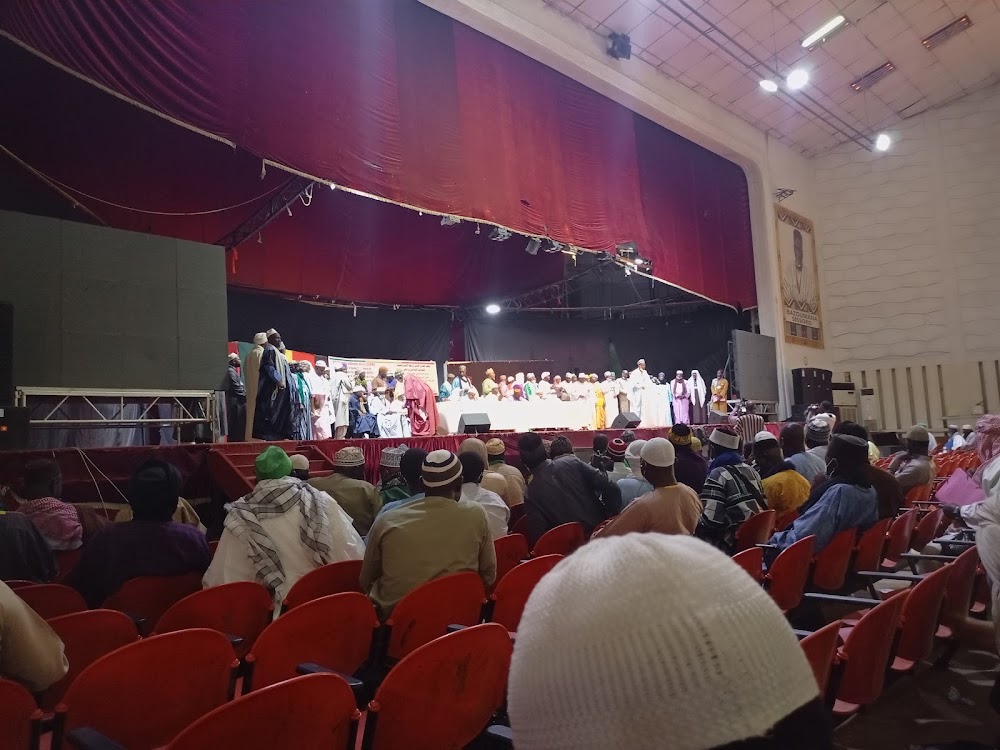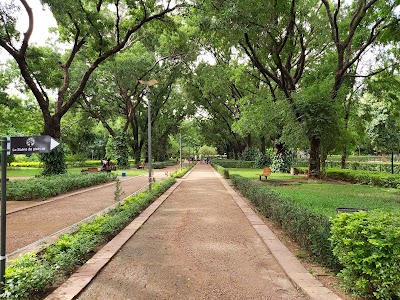Institut Malien de Recherche Scientifique (Institut Malien de Recherche Scientifique)
Overview
Certainly! Here's a revised version of your travel description with an engaging tone and clear structure:
---
Nestled in the vibrant capital city of Bamako, the Institut Malien de Recherche Scientifique (IMRS) stands as one of Mali's premier institutions dedicated to scientific research and cultural preservation. This intriguing destination offers a unique blend of rich history, scholarly significance, and captivating exhibits, providing visitors with an in-depth exploration of Mali's academic and cultural heritage.
The origins of the IMRS date back to the mid-20th century, a pivotal era for Mali as it emerged from French colonial rule in 1960. In its quest to strengthen its intellectual and cultural identity, the establishment of the IMRS symbolized the nation’s commitment to advancing scientific knowledge and preserving its rich cultural traditions. Designed as a hub for research in natural sciences, social sciences, and the humanities, the institute plays a vital role in fostering indigenous expertise and scholarship.
For tourists, the significance of the IMRS extends beyond its role as a research center; it also serves as a museum and cultural repository. The institute houses an impressive collection of artifacts and documents that chronicle Mali's storied past. Visitors can expect to encounter ethnographic collections that showcase the diverse cultural practices of Mali's many ethnic groups, including the Dogon, Tuareg, and Bambara. These collections feature traditional clothing, musical instruments, and handcrafted artifacts, providing a tangible connection to the region’s cultural diversity and artistic ingenuity.
Beyond the ethnographic exhibits, the IMRS boasts a comprehensive library and archive dedicated to preserving invaluable historical documents. This treasure trove includes ancient manuscripts, colonial-era records, and contemporary research publications. Scholars and history enthusiasts will find these collections invaluable, shedding light on Mali’s complex historical narratives and its evolution through the ages.
One of the most fascinating aspects of the IMRS is its ongoing research in the fields of ecology and biodiversity. Mali's diverse ecosystems, ranging from the arid Sahara desert to the lush Niger River basin, serve as remarkable study grounds for environmental scientists. Researchers at the institute actively explore these biomes, contributing to global understanding of climate change, desertification, and conservation strategies. For environmentally conscious tourists, the IMRS's work highlights the critical importance of protecting Mali's natural heritage and provides insight into efforts to mitigate ecological challenges.
An interesting aspect of the IMRS is its commitment to preserving and promoting Mali’s intangible cultural heritage. The institute frequently collaborates with local communities to document and revitalize traditional oral histories, music, dance, and rituals. This dedication to safeguarding intangible cultural assets reflects Mali's vibrant living traditions and ensures that future generations can access and appreciate their rich cultural inheritance.
Visitors to the IMRS will be impressed by the institution’s engagement with contemporary global scientific networks. The institute regularly hosts international conferences, workshops, and collaborative research projects, fostering an exchange of knowledge and ideas between local and global scholars. This dynamic environment positions the IMRS as a beacon of intellectual collaboration and innovation, showcasing Mali’s active participation in the global scientific community.
The Institut Malien de Recherche Scientifique is more than just a research institution; it serves as a bridge connecting Mali’s past, present, and future. For those visiting Bamako, a tour of the IMRS offers a comprehensive understanding of the country's academic endeavors, cultural wealth, and environmental significance. Whether you are a history buff, a cultural aficionado, or a science enthusiast, the IMRS promises an engaging and enlightening experience.
In conclusion, the IMRS is a must-visit for any foreign tourist eager to delve deeply into Mali’s intellectual and cultural landscape. Its rich history, extensive collections, and ongoing research projects paint a vivid picture of a nation proud of its heritage and actively engaged in shaping its future. So, when in Bamako, be sure to reserve ample time to explore this remarkable institution and immerse yourself in the fascinating world of Malian science and culture.
---
This version maintains your key points while enhancing readability and engagement.





